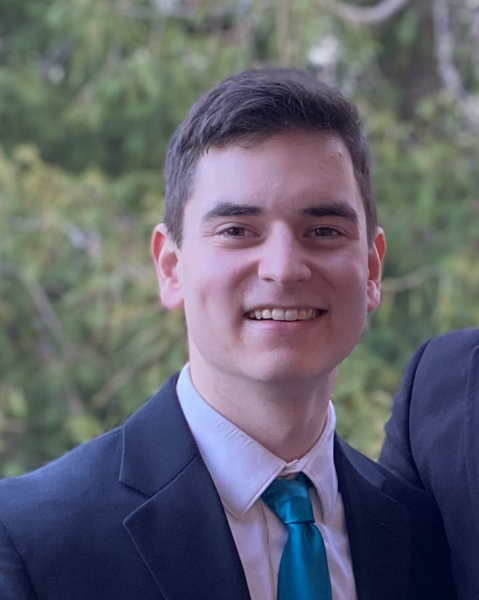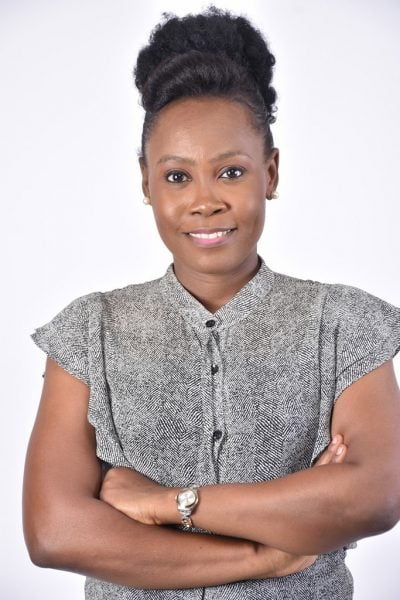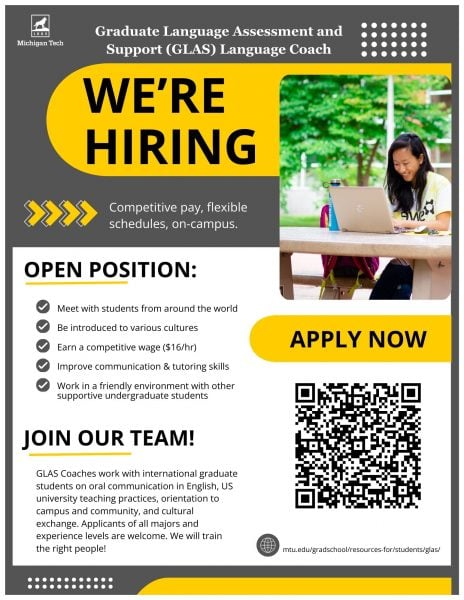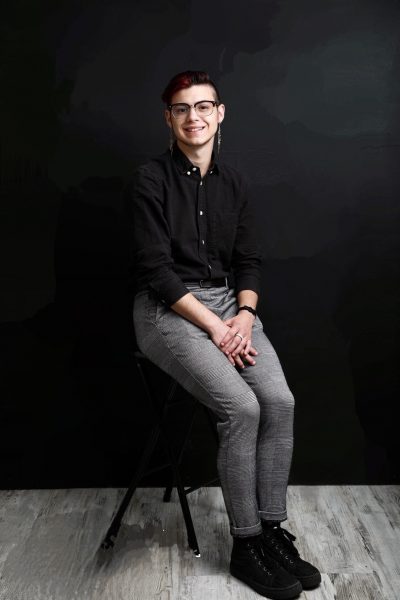Pre-proposals for Summer 2025 CSCHF Graduate Assistantships are being accepted and are due no later than 4pm, January 21, 2025 to the Graduate School. Students who best meet the foundation’s criteria will be invited to submit a full application, which will be due on March 4, 2025. Instructions on the pre-proposal, full application, and evaluation process are found online. Students are eligible if all of the following criteria are met:
- Must be a PhD student conducting a research or outreach project that will promote and/or improve the overall health of Houghton, Keweenaw, Baraga, and Ontonagon communities.
- Must be 2 years after starting the graduate program at the time of application.
- Must not be a prior recipient of a PHF or CSCHF Graduate Assistantship.
- Preference will be given to applicants with long-standing local connections to Houghton, Keweenaw, Baraga, or Ontonagon county.
Priority will be given to students originally from Houghton, Keweenaw, Baraga, or Ontonagon counties. Non-resident students and international students are encouraged to apply if their health research is applicable to health needs and job shortages of our local community (obesity research, rural health, medical informatics, drug delivery and lab testing, physical therapy, etc.).
These assistantships are available through the generosity of the Copper Shores Community Health Foundation. They are intended to recognize outstanding PhD talent in health-oriented research areas. Applicants should be a catalyst for promoting and improving the overall health of Houghton, Keweenaw, Baraga, and Ontonagon communities through one of the following:
- health research and technology development
- health education or preventive and wellness initiatives
- rural healthcare access, informatics, and assessment of care
Students who receive full support through a CSCHF Graduate Assistantship may not accept any other employment. For example, students cannot be fully supported by a CSCHF Graduate Assistantship and accept support as a GTA or GRA.



